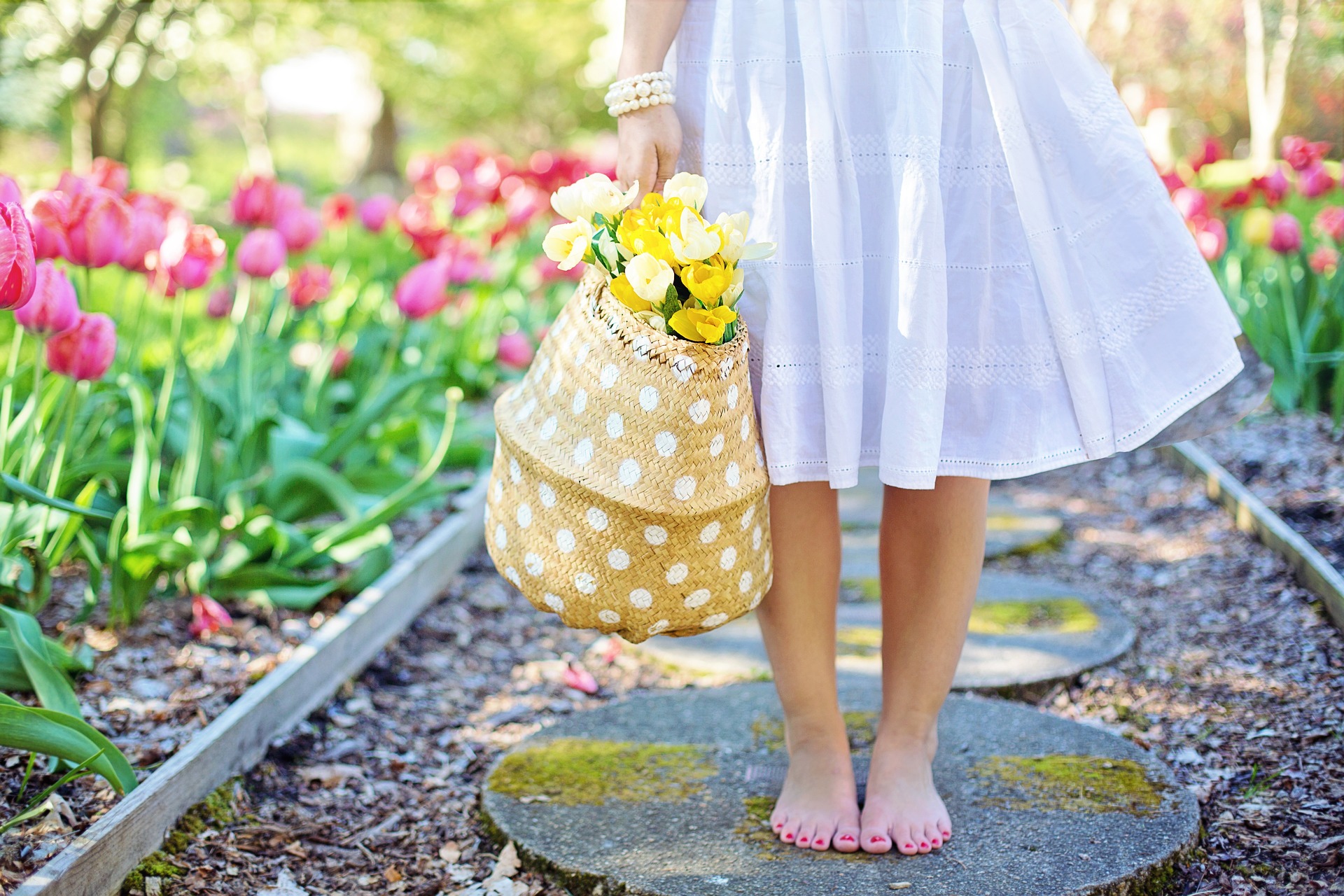The connection between nature and mental well-being has been extensively explored and is now well understood. One article published by the National Parks Service notes how a variety of conditions see considerable improvement in symptoms from just 20 minutes a day spent in green areas, and how even gentle physical movement in those areas can reduce blood pressure, lower cortisol levels, improve circulation and help to manage cholesterol.
Many people like to use gardening as their way of enjoying nature. As it happens, gardening can create benefits including and above those that a simple walk in nature provides. Through this, it can be an effective tool for managing addiction recovery.
Considering a landscape
An influential study published by Sage Journals noted how the environmental factors surrounding any one case of a person with addiction are influential on the outcome of their recovery. These are social and holistic, of course, and it’s often important that those recovering from addiction remove themselves from individuals who heighten their trauma. However, it’s true also that the simple facts of the physical environment will have a positive, or negative, impact on recovery.
Building simple and relaxing environments that embrace the use of greenery can create immensely relaxing and reassuring spaces that contribute to a positive recovery. This concept of therapeutic landscaping, and biophilic design, is used in a number of corporate and commercial settings and is much-vaunted for its ability to create relaxed, focused areas, that resonate with the needs of those within and provides a place of deep reflection, concentration, and peace. Those are crucial factors in the recovery journey, of course. Focusing on the steps that lead to that endpoint – gardening, and the judicious planting of species that create the type of lush biosphere that creates, can also help to create a sense of purpose.
Getting involved
Gardening can be very simple – as easy as spreading a few wildflower seeds and watching them flourish – but it can also be a very intense, time-consuming process. As the New York Times highlights, it really is hard work to cultivate, maintain, and help to flourish a set of plants with their own needs and demands. It’s also extremely rewarding, however, and something to get deeply involved in.
Addiction recovery can lead to a sense of something missing, especially when a large period of life has been given over to an addictive substance or pastime. As such, finding something new to move into that requires patience, and care, but has tangible results for those willing to put the time and effort in, can be a huge boon. Gardening can be just that, and acts as a lesson in the huge benefits that can be gained from nurturing and caring for a living creature – and a moment of reflection, for many.
Long term lessons
Gardening is full of metaphors and analogies that can apply to human life. One of these key principles, according to one advocate of gardening therapy profiled in CNN, is the ability to see past times of hardship and understand there’s always hope. Plants may look absolutely finished when winter comes around. In reality, their seeds and stems underground are holding clocks that, ticking past, indicate when it’s their time to flourish. They may have to hunker down and, in the case of a tree, shed their leaves, in order to make it through hard times, but they absolutely know there is a better moment around the corner, and it comes with self-love and perseverance. The cycle of plant growth, moving through stages and seasons, is remarkably akin to human life, and it’s a principle that many would do well to hold on to. In addiction recovery, it can be poignant.
The benefits of gardening in addiction recovery are threefold. There are the easily realized physical and mental benefits created by being out in nature, which apply to large swathes of society. There’s the concentration and hobbyism of gardening, which requires a careful hand and close attention. Finally, there’s the acceptance of how life springs and flourishes, but, more than anything, perseveres. Together, this combination can bring about real change for those recovering from addiction, and help to settle into a resilient and sustainable recovery.






